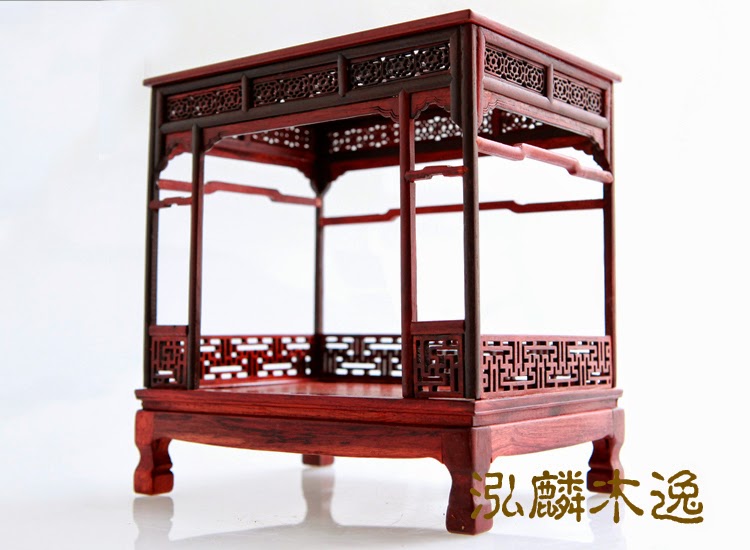I'm stealing images from Google Earth again. Credit is to Prabin Pebam, and the original is very evocative of what an evening in Imphal must be like. I am tempted to tick "original size," but I'd probably get into trouble. And totally commission Pebam for any design work that you might have.
As I'm taking the Sun to be low in the southwest, it follows that we're looking north through towards the valley of Assam, not south through the mountains towards the holy mountain of Mandalay on the banks of the Irrawaddy.
That is
I did not intend to talk about this road today, or even this year. General Slim is going to lead the Fourteenth Army over the mountains and down into the valley of the Chindwin on his way to Rangoon after the monsoon. The victory of 1945 can be construed as one of a British (Indian) army over the m main forces of an enemy in a continental war, not since Wellington, etc etc. That strikes me as logic good for someone high on Mackinder*, and the real point that we would do well to focus on is that Slim replaced Monty as CIGS after Viscount Alamein's short and stormy tenure, and in defiance of Monty's recommendation that he be succeeded by Crocker. So there's some interesting politics right there, with Slim being inferentially the more Labour-friendly CIGS. Is he there to deal with the political firestorm that National Service has turned out to be? Is his retrospective reputation burnished by his political indispensability? What does the retrospective narrative of Fourteenth Army tell us about politics and arms at mid-century? I have not concealed my preference for engineers and artillerists at Chief of Staff over career staff officers like Slim, be they ever so attractive and successful commanders. The last thing we need in the commanding heights of society is even more "managers" than get there on their own.
I have thoughts about Fourteenth Army's victorious advance into Burma, I am saying, thoughts that I have barely begun to formulate, and next year would have been a good time to talk about the Army's Main Line of Communications.
But here's the thing: the logic of doing a "technical appendix" to my techblogging is to follow up the leads as they occur in the moment, and in the last one, we ran into Stabinol. I linked to the Highways Department Final Report on Chemical Soil Stabilizers [1975], so you will know that Stabinol was one of a number of products advertised as soil additives that will turn poor-wearing compacted soil beds into hard-wearing ones, thereby greatly reduced the cost of road building and maintenance. You know that it did not pass the tests, and, if you did the same Google search that I did to find the PDF, you know that the named, "Stabinol," has been recycled for a proprietary formulation of chlorpropamide, an adult diabetes treatment drug.
But here's the thing: the logic of doing a "technical appendix" to my techblogging is to follow up the leads as they occur in the moment, and in the last one, we ran into Stabinol. I linked to the Highways Department Final Report on Chemical Soil Stabilizers [1975], so you will know that Stabinol was one of a number of products advertised as soil additives that will turn poor-wearing compacted soil beds into hard-wearing ones, thereby greatly reduced the cost of road building and maintenance. You know that it did not pass the tests, and, if you did the same Google search that I did to find the PDF, you know that the named, "Stabinol," has been recycled for a proprietary formulation of chlorpropamide, an adult diabetes treatment drug.
It was a technological blind alley, is what I am saying. But that is not nearly the end of the story. This blog has very lightly touched on the good, soft Earth, once bound by a tight grass sod, now by concrete turned to bitumin. It is a bit of a miracle that we can do the things we do on this Earth, fly off great airliners and move millions of tons of stuff on tractor trailers. It is because of the quotidian miracle of civil engineering, which makes the countryside roadable.
I call this miracle "quotidian" because it is a polite way of saying "boring." That is, we erect might superstructures of history of technology in order to tell the kinds of stories that interest us. (The politics of right now! And, also, what about this "economic insecurity" thing?) Those foundations do not shift, which is important; but we do not care to investigate just why this is the case. But should we be using history of technology if we do not know this stuff? I think not.
So, now, the Road to Mandalay.
That's Sinatra. Mouth wide, tweaking all over the stage, and rewriting the lyrics to turn a "Burma girl" into a "Burma broad." Stay classy, Frank!

